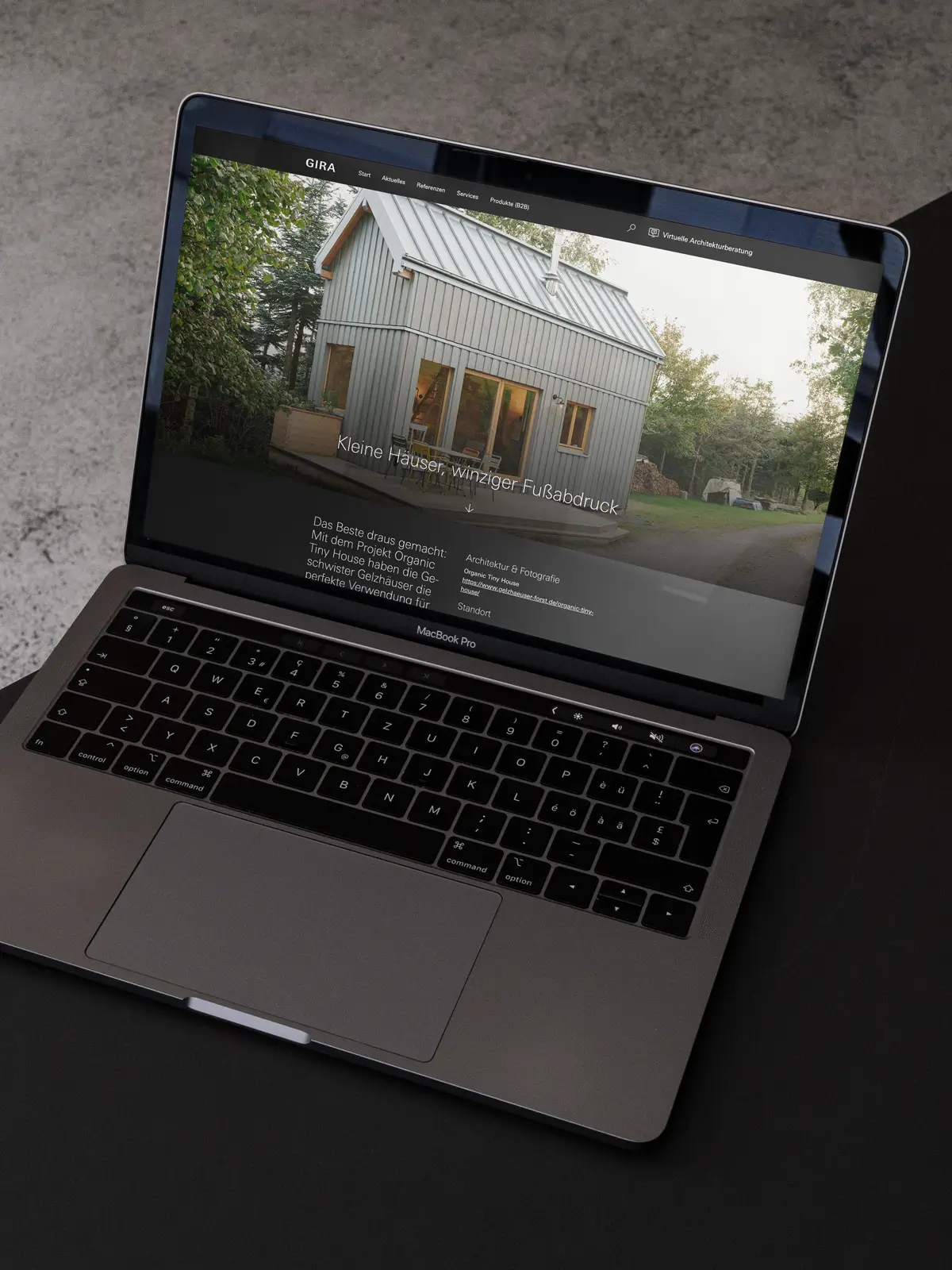How architects can find free continuing education courses with professional development points

Architects, planners, and similar professions need to continue their education to keep up with new technologies, innovations, and changes. Free training opportunities offered by manufacturers, public institutions, or architectural associations can help. But where can I find such offers?
Mandatory continuing education as a quality feature
In the fields of architecture, interior design, landscape, and urban planning, chamber members face the lifelong challenge of keeping up with numerous innovations, changes, and advancements. In terms of quality assurance and personal development, the focus is primarily on the following areas:
- Planning & Construction Law
- Design & Planning
- Technology & Implementation
- Construction & Project Management
- Planning & Construction Economics
- Organization and Office Management
- Communication
The obligation for continuing education can thus be seen as a hallmark of the liberal professions and a quality feature for potential clients. Some states, such as North Rhine-Westphalia, have established under § 22 BauKaG NRW that appropriate continuing education is among the professional duties of architects. Exempt from this obligation are members who:
- have reached the age of 65 and are no longer professionally active,
- are no longer able to practice their profession,
- members who are active as (junior) professors at universities or technical colleges (with at least 50% of the teaching obligation according to NRW).
Who offers free continuing education with professional development points?
The range of continuing and advanced training options seems endless, from quick online courses to part-time studies requiring attendance, or multi-day study trips abroad – not only consuming time but also often a substantial amount of money. However, there are numerous free offers that are just as high in quality as their fee-based counterparts and also count towards the chambers' proof of continuing education requirement.
How does it work? Many manufacturers have discovered the great potential of independently offering seminars on specific topics. Architects can benefit from the companies' expertise and practical knowledge while these companies stay up to date with technology and look for new solutions. Often, these events are conducted in cooperation with external industry experts and held online, on their own campuses, or at partner locations.
There are several free offers that are just as high in quality as their fee-based counterparts and also count towards the chambers' proof of continuing education requirement.
Members of the North Rhine-Westphalia Chamber of Architects have the opportunity once a year to attend a "bonus seminar": "These are selected seminars determined by an advisory board and marked with an asterisk in the seminar overview. They can be attended once a year for a reduced cost of 30 euros. The selection of seminars also ensures that options are available for every specialty area (architecture, landscape architecture, interior design, urban planning). Job seekers can take advantage of this offer once a year completely free of charge," says Christof Rose, press spokesman and head of "Media + Communication" at the North Rhine-Westphalia Chamber of Architects.
Selected providers of free continuing education
In addition to the chambers, public institutions and manufacturers also offer free continuing education with points for architects. Some examples for direct research include:
- Beton web.akademie – E-learning with the Information Center for Concrete – partly free, partly very affordable
- VELUX – Architect webinars on the topic of light
- Rinn Beton- und Naturstein GmbH & Co. KG – Presentations on new construction, renovation, or densification using showcase projects by prominent architects and industry experts
- Fachagentur Nachwachsende Rohstoffe e. V. – Events and training on timber construction
- ZEBAU – Events on topics related to energy efficiency and renewable energies in construction
- Wir lieben Bau – in cooperation with industry partners such as KALDEWEI, HÖRMANN, KEIM, VILLEROY & BOCH, SIEMENS, HEWI…
- AK Bayern – unfortunately without a filtering option
- AK Baden-Württemberg – enter "free" in the search field
Quality check when choosing continuing education
Even though many free or affordable continuing education courses for architects are comparable to their fee-based counterparts in terms of quality and content, members still run the risk of wasting their time on meaningless promotional events. Everything has its price, after all. A good compromise, therefore, are also affordable continuing education courses, such as those offered by Wienerberger Wissen.
- Research the speaker or expert
- Review the agenda and decide how relevant the topic is for you
- Try to determine how in-depth or superficial the topic will be addressed
- Contact the organizer
- Get recommendations for good continuing education courses and providers from colleagues
Proof of continuing education hours
In most German states, chamber members are required to annually prove a certain number of acquired credit points or hours. In this context, some states award points, with one point equivalent to 45 minutes. Other states specify the minimum continuing education obligation in hours and do not convert to points. Bavaria is an exception: no points are awarded here.
Overview of the obligation to provide proof of continuing education hours:
- Baden-Württemberg | 8 hours/year
- Bavaria | -
- Berlin | 8 points/year
- Brandenburg | Obligation without credit points
- Bremen | 8 hours/year
- Hamburg | -
- Hesse | ⌀ 16 points/year
- Mecklenburg-Western Pomerania | 8 hours/year
- Lower Saxony | -
- North Rhine-Westphalia | 8 hours/year
- Rhineland-Palatinate | 8 hours/year
- Saarland | ⌀ 8 hours/year
- Saxony | 8 hours/year
- Saxony-Anhalt | -
- Schleswig-Holstein | 12 hours/year
- Thuringia | ⌀ 24 points/year
Proof and verification of continuing education
While some states have no mandatory continuing education or do not enforce it, others are more stringent. For example, NRW conducts random checks annually on 10% of its members to see if the minimum number of continuing education hours has been met.
Consequences of non-compliance
If it is found that the continuing education obligation has not been met, it is at the discretion of the chambers whether and until when the continuing education can be made up. In NRW, there is usually a grace period of half a year. After that, according to current jurisprudence of the professional court, violations of the continuing education obligation are penalized by issuing warnings or imposing fines.
Recognition of continuing education
Depending on the regulations of the individual German states, it is best to clarify with the respective chamber before the start of the event whether and to what extent credit is possible. This applies to participation in inter-state continuing education as well as externally offered seminars or participation abroad.
The continuing education events offered by the chambers of architects and engineers themselves (free & fee-based) generally cover the entire range of offerings and are universally recognized. The North Rhine-Westphalia Chamber of Architects also recognizes continuing education events from
- Professional associations
- Universities
- and other providers, if they are qualified events according to § 2 on topics of the annex.
Further information
For more information on fee-based and free continuing education for architects, you can directly contact the chambers, for example,




